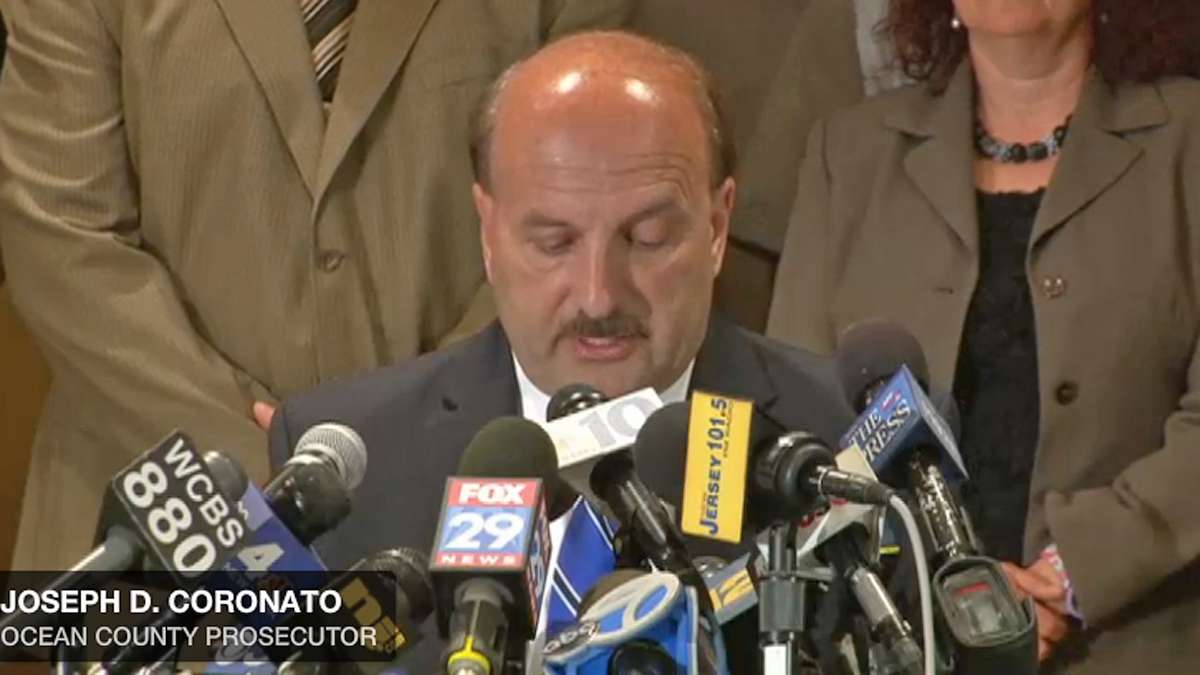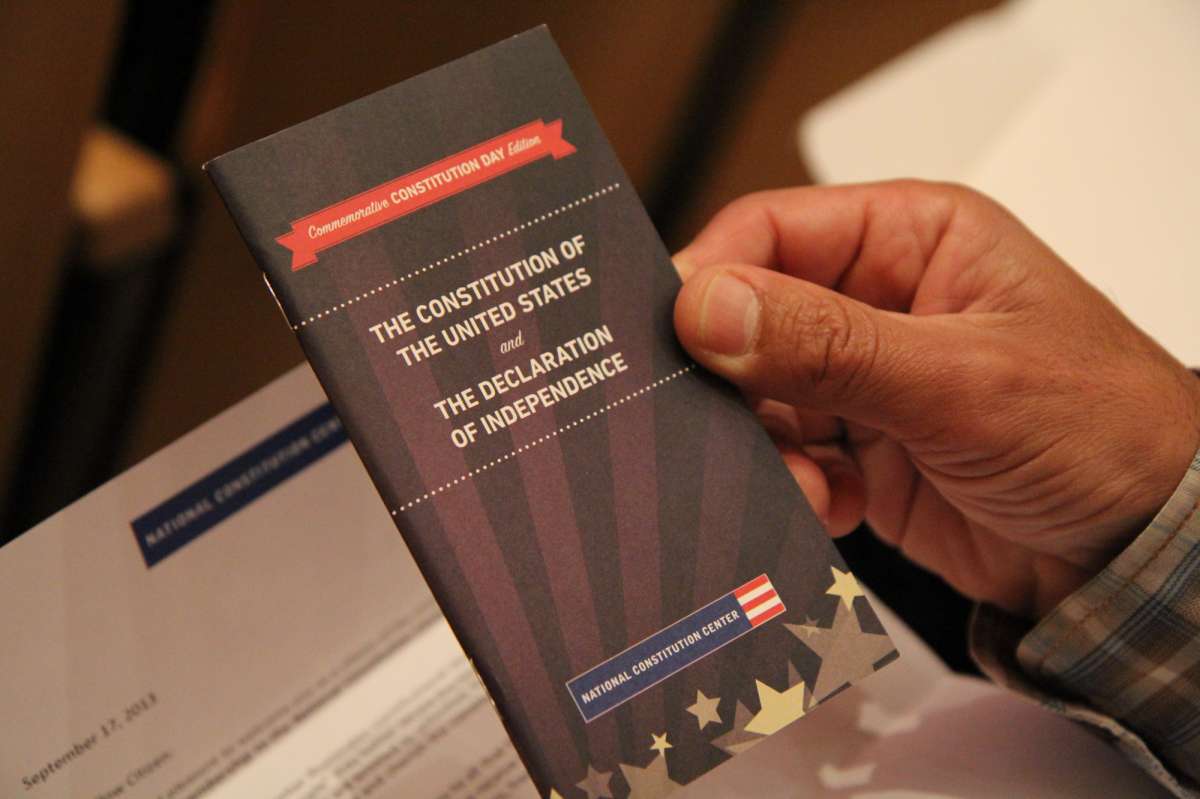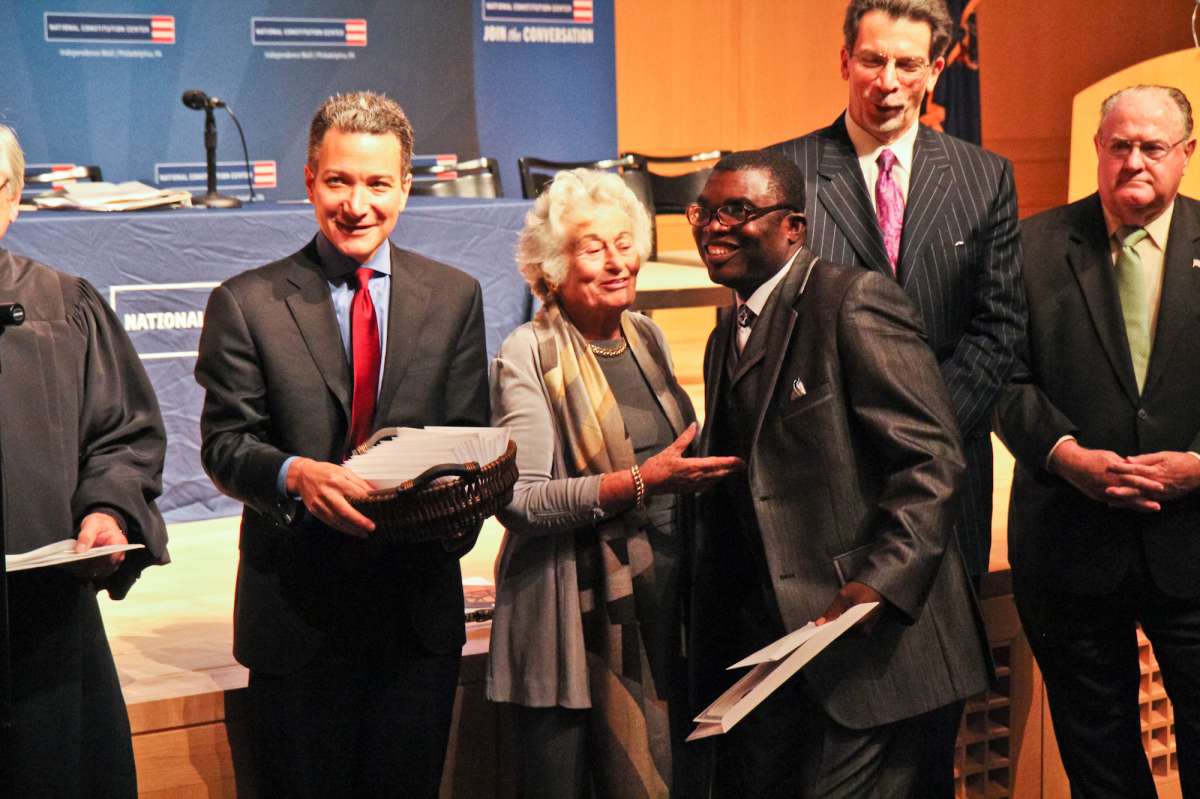Retweeting racist rants about Miss America might do more harm than good
Many Twitter users were appalled that a bomb-toting member of Al Qaeda was on the Miss America stage just days after the 12th anniversary of 9/11. Profane epithets mushroomed online, disparaging Nina Davuluri as a foreigner and a “terrorist.” People also mistakenly claimed she was Arab and a Muslim. And the rest of America rushed to shower these bigots with the currency of the realm: publicity.
My husband and I are looking for a new place, and the house we saw recently was nice except for one little thing. Across the street, our potential neighbors had festooned their home with Confederate flags. We could have taken pictures to share online, broadcasting our disdain for racist symbols, but the only thing we wanted to do was drive away.
I wondered again if keeping quiet was the right choice as the media clambered aboard the outrage of the day, when New York native Ms. Nina Davuluri, who happens to come from an Indian family, nabbed the latest Miss America title in Atlantic City this week.
Many Twitter users were appalled that a bomb-toting member of Al Qaeda was on the Miss America stage just days after the 12th anniversary of 9/11. Profane epithets mushroomed online, disparaging Davuluri as a foreigner and a “terrorist,” though she’s a U.S.-born, award-winning scholar who hopes to be a doctor. People also mistakenly claimed she was Arab and a Muslim.
And the rest of America rushed to shower these bigots with the currency of the realm: publicity.
Aggregated hatred
In case we just couldn’t get offended enough by reading our own Twitter feeds, several websites aggregated the worst of the worst tweets, so we could read them all in one sitting, grow even more angry at the injustice of it all, and then share, share, share so our friends and our friends’ friends could all get just as mad.
For some reason, I have the opposite instinct. A photo essay on the lives of modern Ku Klux Klan members made the rounds online recently, but I declined to look when my friends shared it. As a member of an interracial family, I think even a single click-through is more attention than Klan members deserve.
But one of my friends indignantly sharing the hateful Miss America round-ups would disagree. He says that racism won’t go away if you don’t shine a light on it, just like cockroaches scatter when you turn on the lamp. Sites disseminating the malicious tweets claimed to do it to shame the bigots.
I can’t help but wonder how much of a foothold those terrible tweets would have gotten without our gleeful help. They could have been left to float away on the Internet, shameful specks in the dark mine of human data. But in our righteous outrage, we gave the cretins a megaphone. How many more people have read those hateful things because innumerable websites regurgitated all the ugliest statements and called it news?
If you’re dumb enough to brand someone a terrorist (and fouler names I won’t repeat here) because she has dark skin, I doubt you appreciate the finer distinctions between censure and praise when you have the sudden satisfaction of seeing your words amplified for millions to read.
And if my friend is right, and shining a public light is the key to eradicating racism, how is that working out for us? In the digital age, we even have websites devoted to shaming our naughty dogs. Is “shaming” the racists any more effective?
If embarrassing the perpetrators by disseminating their racist drivel online is effective, why does the Southern Poverty Law Center report a 67 percent increase in U.S. hate groups since the year 2000? Why haven’t righteous social media users affected the incidence of hate crimes reported by the federal Bureau of Justice Statistics? In 2012 the Bureau reported that the average number of hate crimes remained consistent between a 2003-2006 grouping and a 2007-2011 grouping, while the percentage of hate crimes that were religiously motivated more than doubled between the two time periods.
Last time I checked, pouring publicity on inflammatory pundits doesn’t make them recant. It merely sends their ratings and visibility through the roof. I haven’t noticed the Westboro Baptist Church toning down their rhetoric, for all the negative media attention they’ve gotten.
So does sharing the Miss America insults shine a purifying light? Or is it an easy way to signify our outrage without leaving the keyboard?
Hey, read this. Isn’t it awful?
There must be a better way
Part of me does want to stoke public anger at the ugliness in the world. I don’t claim to have the answer to racial, ethnic and religious strife, but using the share button to revel in our disgust will never change the world. Instead, take a moment to explore some aspect of a culture unfamiliar to you and share it with your kids or your friends. Chat with someone who looks different from you. A single day of active, personal human respect does more good than angrily forwarding 100 nasty tweets to thousands of friends.
Maybe I’m just contributing to the cycle in writing this, but I’d like to think that forming your own thoughts is a better option than forwarding the filth. Instead of filling your feed with the worst news of the day, shine a light on progress.
I’m sorry our new Miss America suffered this ugliness. But I wish we could give those bilious, embarrassing tweets the attention they deserve: silence. Let the bigots spout their bile to a world that frowns and turns its back, instead of sharing the hateful words with everyone.
WHYY is your source for fact-based, in-depth journalism and information. As a nonprofit organization, we rely on financial support from readers like you. Please give today.



















